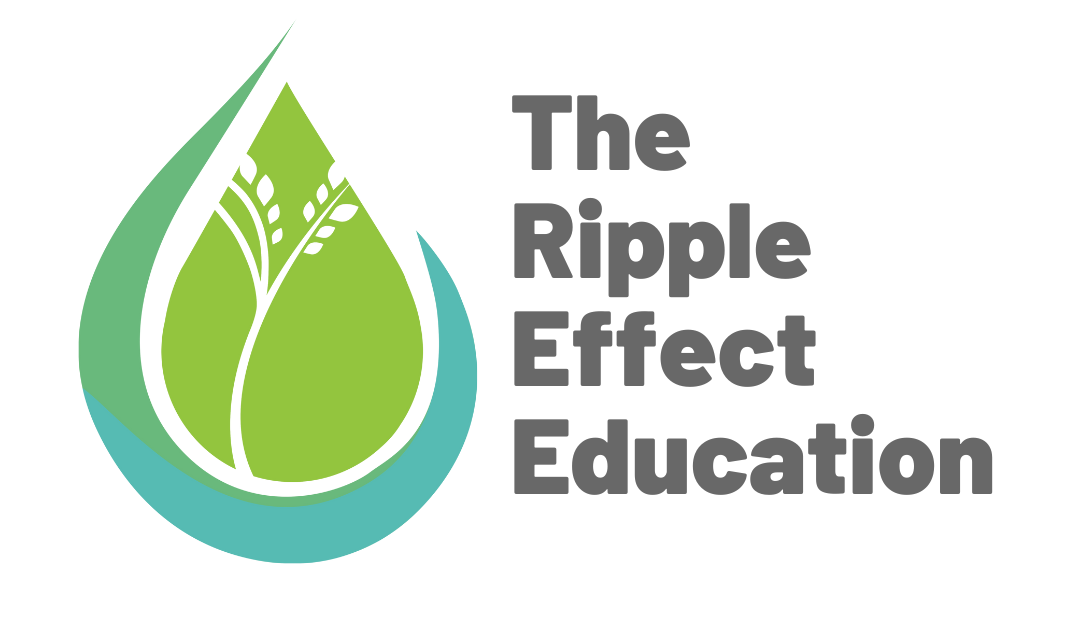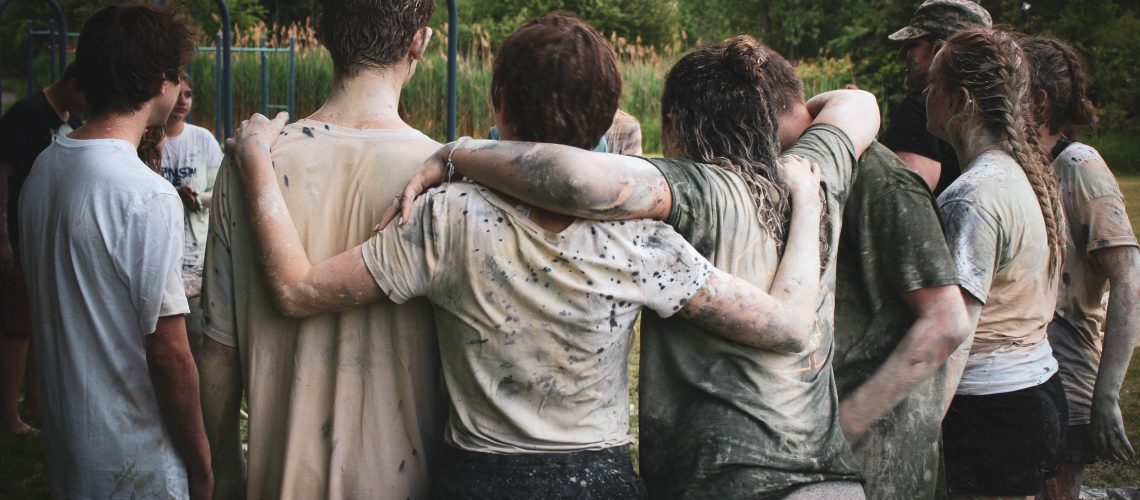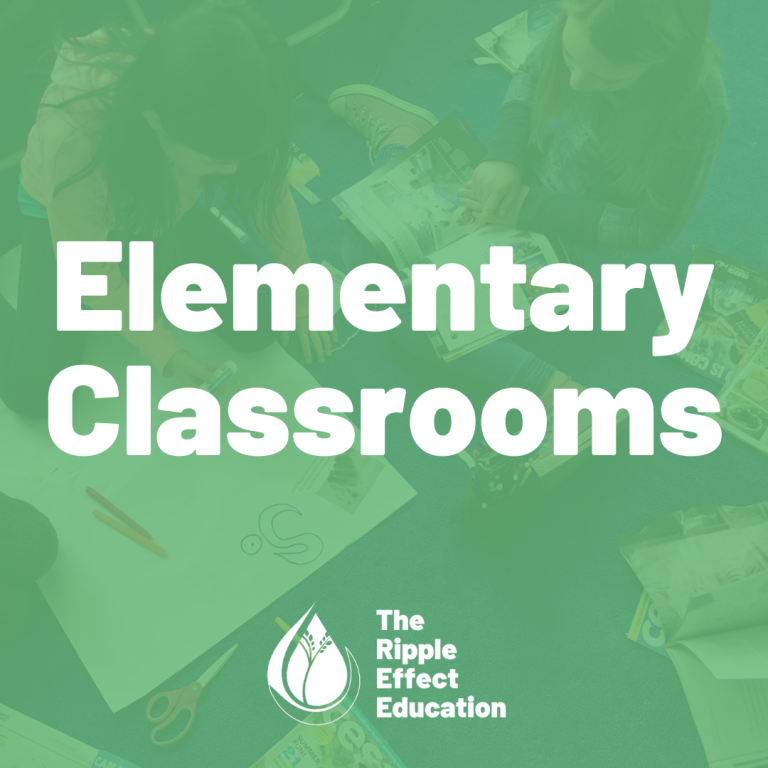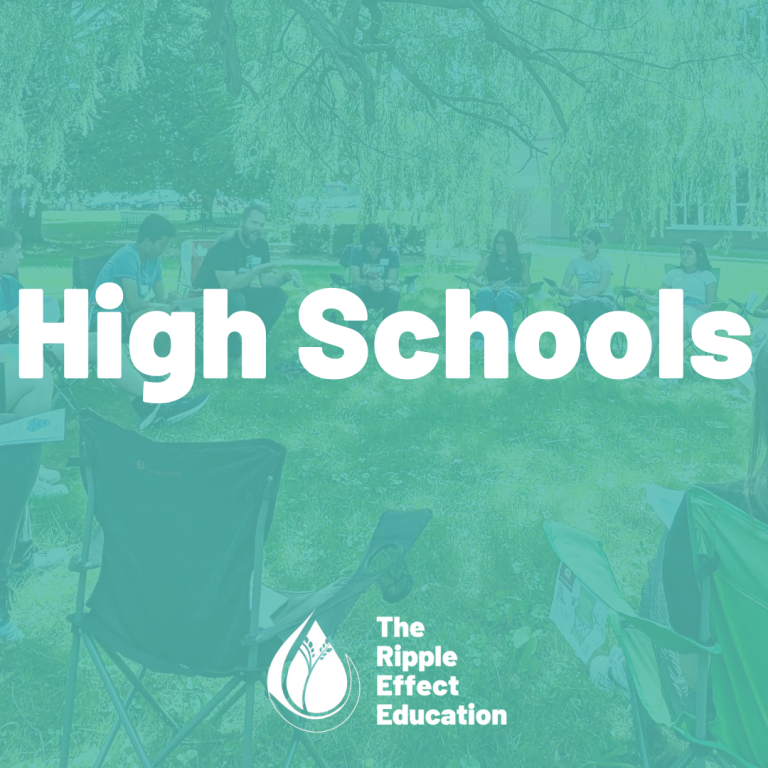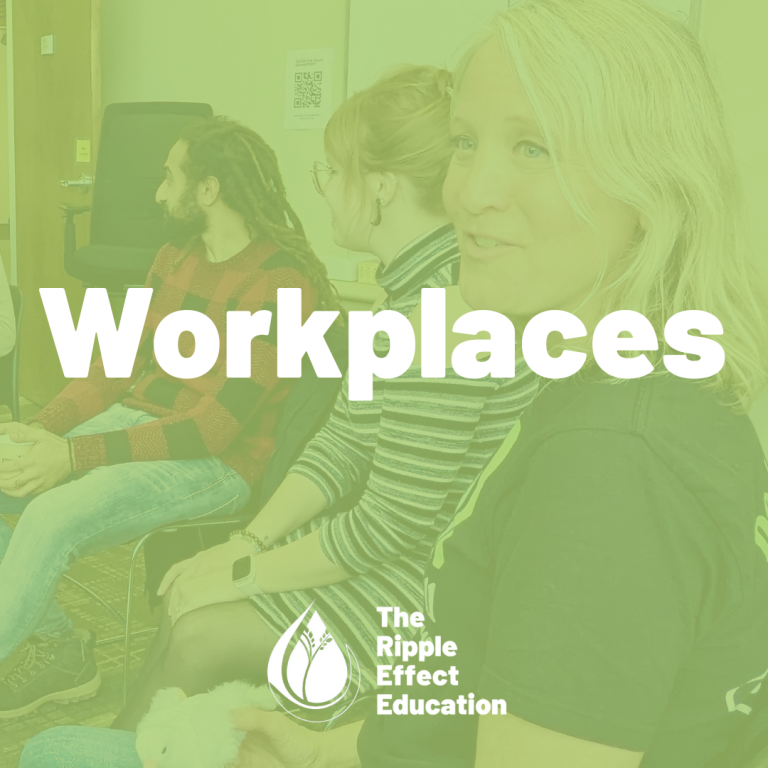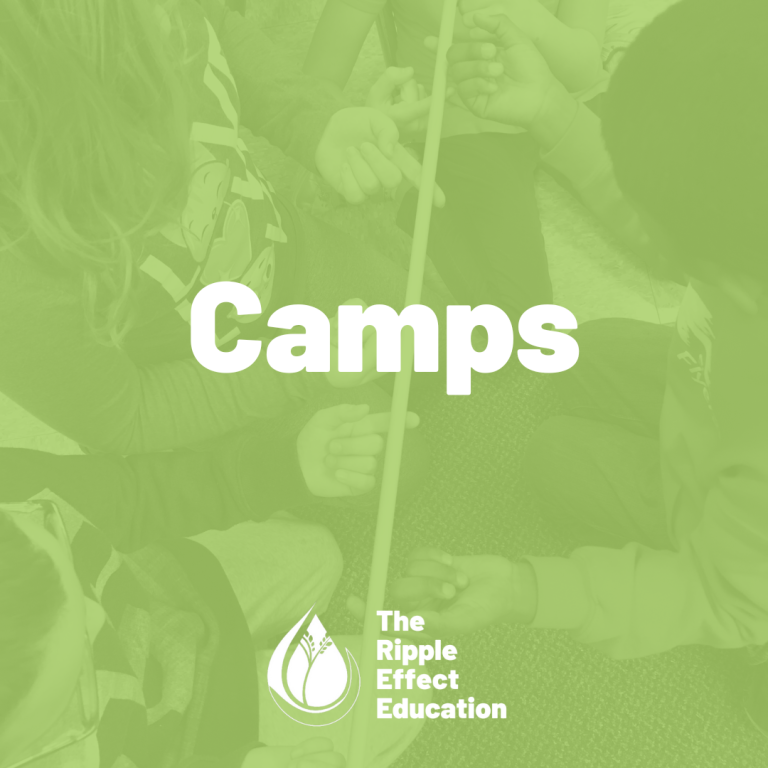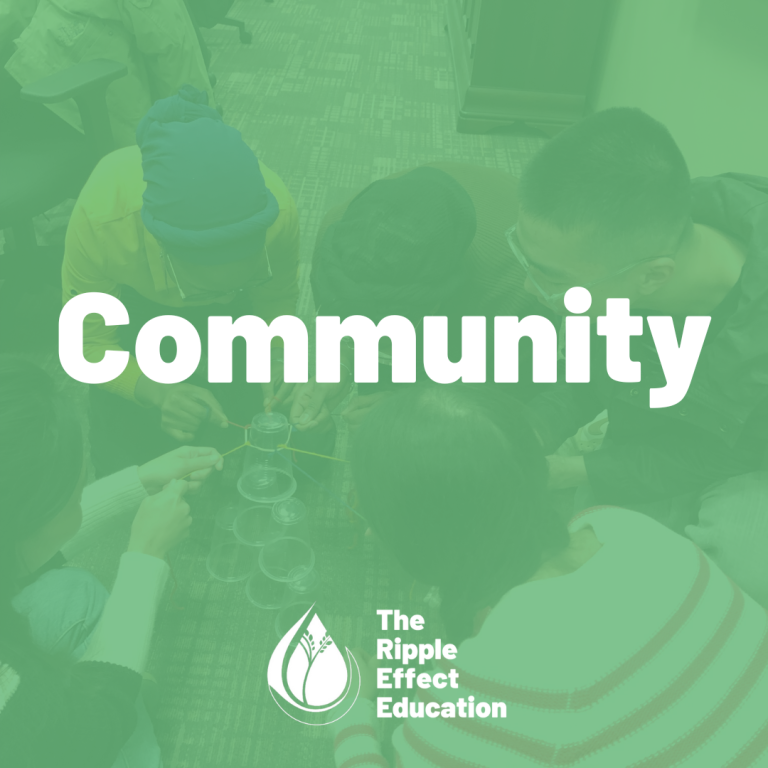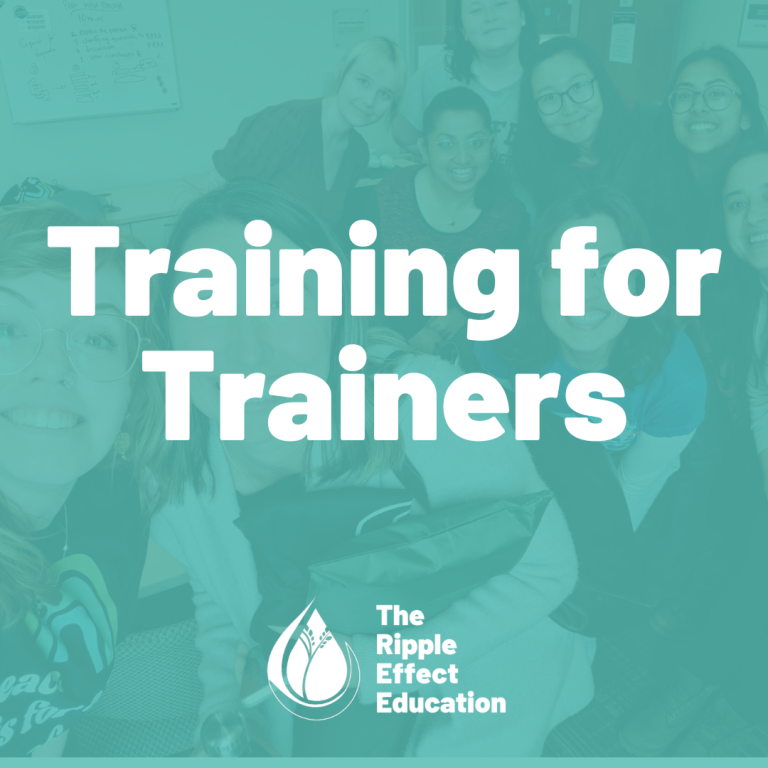The pre-teen years are a time of rapid change for the youth in our lives. Young people are busy working out who they are and where they fit into the world, in conjunction with a lot of physical, emotional, cognitive and social changes. During this time, these changes can happen quickly and seemingly unpredictable, which can be tough on us as adults working with pre-teens, but can also be overwhelming for the pre-teen themselves.
Today, we want to share our top five tips for building conflict resolution skills with pre-teens.
- Practice Empathy: Empathy is the ability to understand and share the feelings of another person. As children enter their pre-teen years, their friendships with their peers develop into more intricate relationships, and empathy is vital to maintaining strong friendships as children’s emotional capacities grow more complex. In times of frustration or conflict, ask questions like, “How might the other person be feeling?” or “Why do you think that person may have done that?”. These kinds of conversations help young people think in more empathetic ways, and strengthen their empathy muscles for the future.
- Address Anger: Gone are the days of the toddler tantrum, but anger during pre-teen years still may happen often, even though it can look much different than random outbursts. Of course, anger will look different for each individual. Encourage pre-teens to recognize and name anger, and help them to explore different techniques to help cooling down (ex. Mindfulness, reading, going for a walk, deep breathing, etc), so that they can respond to the angering situation more calmly.
- Explore Conflict Patterns: Regardless of age, conversations or situations impact people in different ways. As pre-teens are beginning to develop their identity in relation to the world around them, they are learning about themselves in many different contexts, including what makes them upset. Encourage young people to reflect on what types of things often lead them to conflict, like, how they feel when they feel unappreciated, when their accomplishments are not recognized, when someone tells them what to do, when they are not given clear instruction or structure, etc. Giving young people the tools and language to explore the roots of their emotions can help give them a sense of control in conflict situations.
- Embrace Responsibility-taking: While sorry might be said freely during early childhood, often times as children get older apologies begin to carry more weight, and may be shared less frequently. For adults in the lives of pre-teens, this can be frustrating. One way to help combat this is to apologize openly when you as an adult make a mistake, modelling how to take responsibility for your actions and healthy ways to address problems or hurt feelings. Additionally, be sure to thank young people when they are able to come forward and apologize, recognizing that apologizing can be a tough thing to do but that it can have positive outcomes.
- Introduce Healthy Conflict: As conflicts grow more complex as children grow up, it is important to remind young people that conflict is not always bad, and in many ways it can even be helpful. When conflict is approached in a healthy way it helps people to grow and helps strengthen relationships. When it’s with people we care about, framing conflict as an opportunity to learn more about the other person can help up tackle problems as a team.
Of course, understanding conflict is not a one-and-done kind of lesson. These are conversations and approaches that will need to be practiced and implemented again and again, that young people may improve at and may need reminders over time. I mean, even adults we could always strengthen our conflict resolution muscles a little bit more.
Interested in more tips for building conflict resolution skills at different stages? Check out our posts for the early years and the middle years.
 Erin Huston is a social justice advocate and community-building facilitator. After finishing degrees at the University of Waterloo in Legal Studies and Peace & Conflict Studies, Erin pursued a Masters degree in Social Justice and Community Engagement at Wilfrid Laurier University. Passionate about working with youth, Erin uses her education of structural factors and discourses that lead to social inequality and environmental injustice to facilitate programming designed to help empower young people to think critically about issues they care about.
Erin Huston is a social justice advocate and community-building facilitator. After finishing degrees at the University of Waterloo in Legal Studies and Peace & Conflict Studies, Erin pursued a Masters degree in Social Justice and Community Engagement at Wilfrid Laurier University. Passionate about working with youth, Erin uses her education of structural factors and discourses that lead to social inequality and environmental injustice to facilitate programming designed to help empower young people to think critically about issues they care about.
